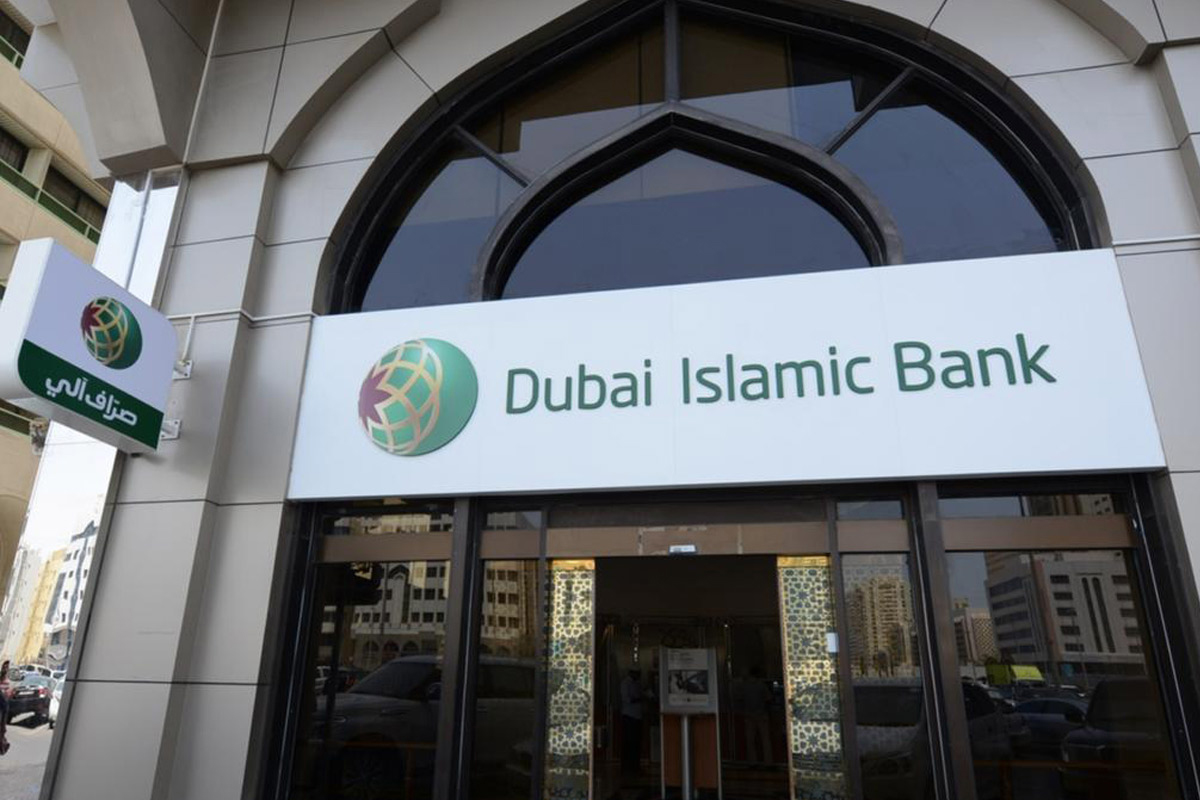The United Arab Emirates’ plan to launch a retail sukuk programme is poised to benefit Islamic banks by creating new fee-based income opportunities and enhancing liquidity, Moody’s Ratings said in a recent note.
Announced on 24 October, the UAE’s initiative will enable retail investors to participate directly in government-backed, Shariah-compliant bonds for the first time.
Participating banks acting as intermediaries will facilitate subscriptions, custody, and secondary trading, generating additional revenue streams and advancing the UAE’s national strategy to develop its Islamic finance sector.
Moody’s said the programme will likely boost non-funded income for Islamic banks over time, particularly through higher net fees and commissions, which already accounted for around 18 per cent of their total operating income in the first half of 2025.
Non-funded income overall made up about 35 per cent of Islamic banks’ operating income during the same period, broadly in line with conventional peers.
The ratings agency noted that in the first half of 2025, major UAE Islamic lenders such as Dubai Islamic Bank, Abu Dhabi Islamic Bank, and Sharjah Islamic Bank achieved a 2.1 per cent return on assets, outperforming conventional banks, which reported 1.8 per cent.
The higher profitability reflected a lower cost of funding: 3.1 per cent for Islamic banks compared with 3.8 per cent for conventional ones.
As retail investors begin subscribing to sukuk, participating banks are expected to see stronger deposit inflows, improving short-term liquidity positions.
Islamic banks’ liquid assets represented just 23 per cent of tangible banking assets as of June 2025, significantly lower than the 44 per cent held by conventional peers.
The shortfall largely reflects the limited range of available Shariah-compliant liquidity instruments, but new developments like the retail sukuk programme are expected to help narrow this gap.
Beyond the banking sector, Moody’s said the move could modestly deepen the UAE’s capital markets by widening the investor base for local currency issuances to include retail participants.
Overall, the retail sukuk programme aligns with the UAE’s long-term goal of strengthening Islamic finance and diversifying funding sources while giving individual investors greater access to low-risk, Shariah-compliant investment options.




